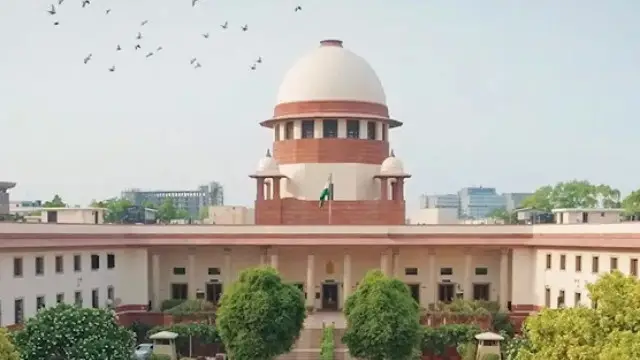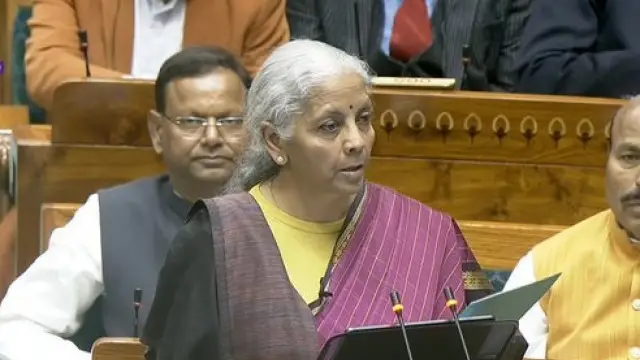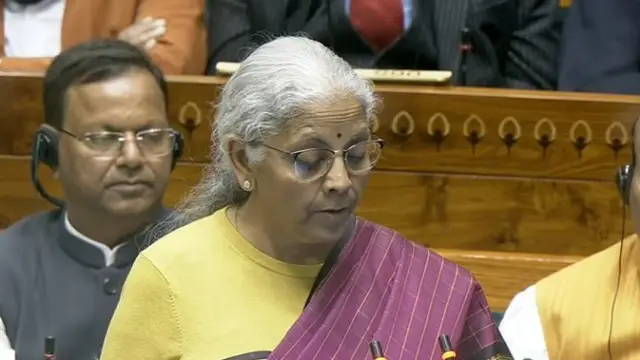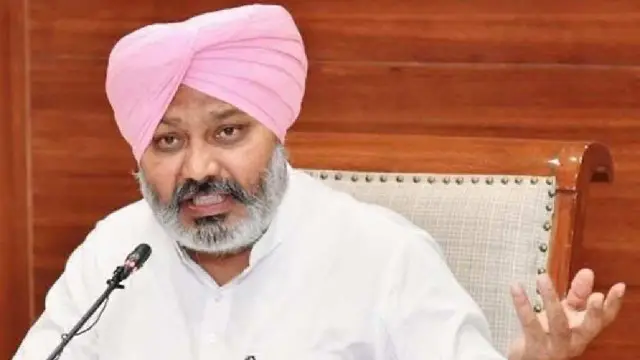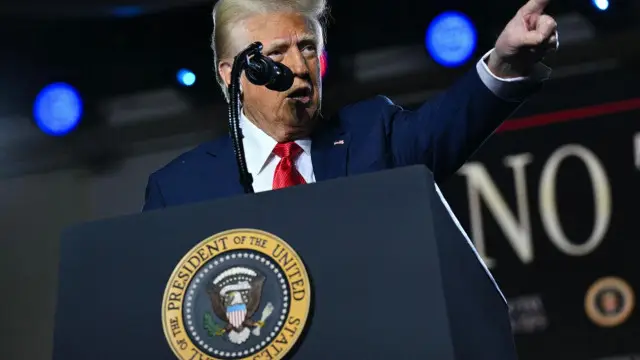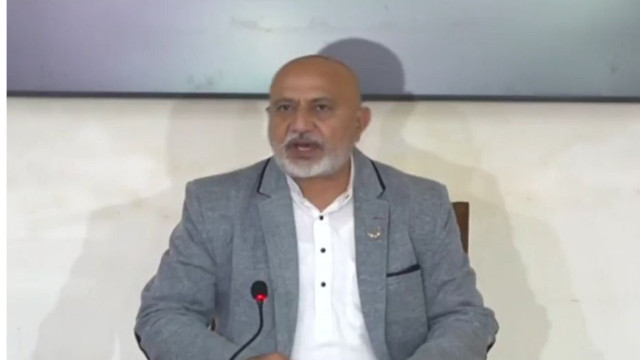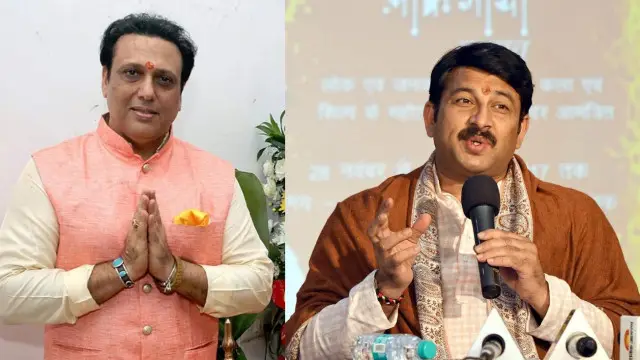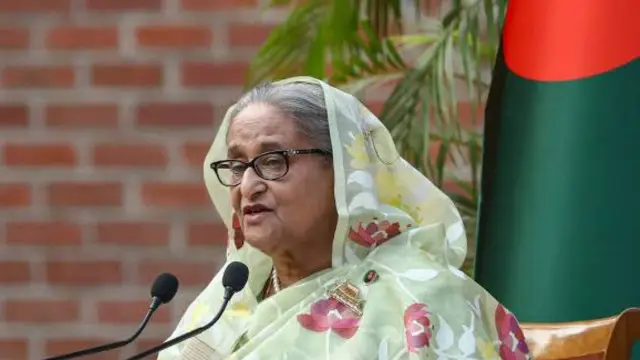Waqf Law’s Fate Hangs in Balance: Centre Tells SC It Could Be Struck Down If Unconstitutional
In a significant statement during ongoing Supreme Court hearings, the Centre, represented by Solicitor General Tushar Mehta, told the apex court that the Waqf Act, 2025, could be repealed if deemed unconstitutional after the final hearing.

The Centre, through Solicitor General Tushar Mehta, informed the Supreme Court that the Waqf (Amendment) Act, 2025, could be repealed if found unconstitutional after its final hearing. Responding to petitions challenging the law’s validity, Mehta clarified that the Act focuses solely on regulating the secular aspects of waqf properties, such as management and transparency, without infringing on religious practices. This statement has intensified scrutiny of the controversial legislation, which has sparked widespread debate over its implications.
Petitions Challenge the Law
Critics argue that provisions like enhanced state oversight and the inclusion of non-Muslims in waqf boards undermine the autonomy of religious institutions. The petitioners, including community leaders and legal experts, contend that the law could disrupt the traditional management of waqf properties, which support mosques, schools, and charitable initiatives across India.
Centre Defends Its Position
Mehta defended the Act, emphasizing that it aims to curb mismanagement and ensure accountability in waqf operations. He assured the court that the legislation respects constitutional boundaries and does not interfere with Islamic practices. However, he acknowledged the judiciary’s authority to strike down the law if it fails to meet constitutional standards, a remark that underscores the delicate balance between reform and religious freedom. The Centre’s submission has fueled discussions about the law’s intent and its potential impact on India’s secular framework.
Awaiting the Final Verdict
As the Supreme Court deliberates, the nation watches closely. The outcome of the final hearing could reshape the management of waqf properties, valued at billions, and set a precedent for balancing administrative reforms with religious rights. With tensions high, the court’s decision will likely influence public discourse on governance, minority rights, and constitutional integrity in India’s diverse society.




